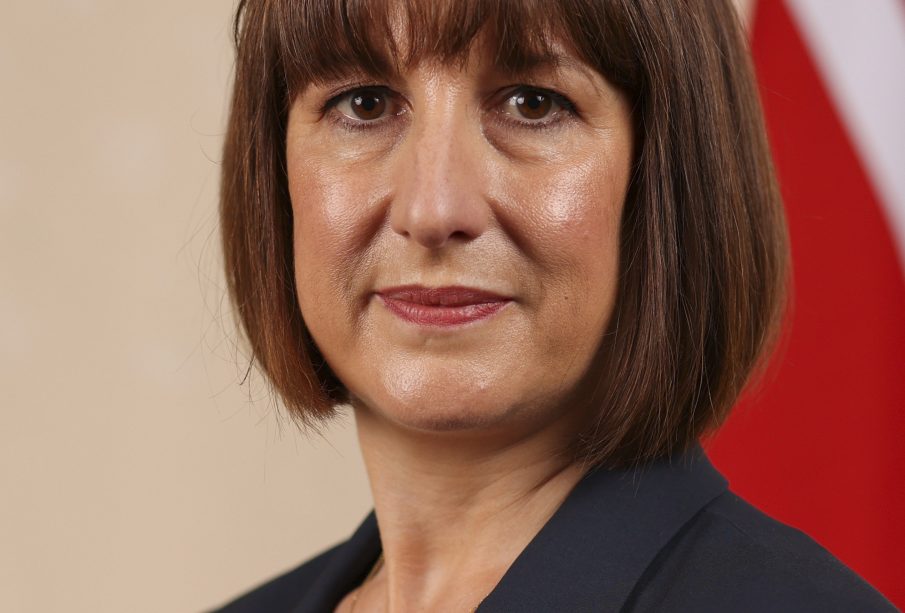Rachel Reeves: A Leading Voice in UK Politics

Introduction
Rachel Reeves, the Shadow Chancellor of the Exchequer and a prominent member of the Labour Party, has emerged as a key political figure in the UK. As the country navigates challenging economic conditions exacerbated by the ongoing effects of the COVID-19 pandemic and geopolitical tensions, Reeves’ role has become increasingly vital. She represents a new generation of Labour leadership, aiming to reshape the party’s economic policies and vision for the future.
Background and Political Journey
Rachel Reeves was born on February 13, 1979, in Leeds, England. After completing her degree at the University of Cambridge and obtaining a Master’s degree in Economics from the University of Cambridge, she went on to have a successful career at the Bank of England and as a senior civil servant. She was first elected as the Member of Parliament for Leeds West in 2010 and quickly became known for her expertise in economic matters.
In 2020, Reeves took on the role of Shadow Chancellor under Labour leader Keir Starmer, where she has worked to challenge the Conservative government’s fiscal policies. Her focus has been on promoting fairness in the economy, addressing income inequality, and advocating for investment in public services.
Recent Developments and Proposals
Reeves has recently made headlines by outlining her plans for a “green recovery” post-pandemic, emphasizing the importance of transitioning to a low-carbon economy. She argues that investment in renewable energy and sustainable infrastructure will not only combat climate change but also create jobs and stimulate economic growth.
Furthermore, she has been vocal about the need for increased support for the National Health Service (NHS) and social care, advocating for a substantial funding boost to address the crisis that has been intensified by the pandemic. Through various public engagements, Reeves has also highlighted the importance of providing relief for struggling households and ensuring that the cost of living does not increase beyond what citizens can manage.
Conclusion
Rachel Reeves’ influence within the Labour Party is poised to grow as the country prepares for the next general election. Her economic proposals and commitment to social justice resonate with many voters who seek change from the current government’s policies. As she continues to articulate a clear vision for Labour’s economic strategy, her leadership could play a pivotal role in shaping the party’s future and addressing the pressing challenges facing the UK.
For readers interested in UK politics, Reeves represents a dynamic force with a pragmatic approach to tackling economic issues. With many challenges ahead, her actions and policies will be crucial in developing a sustainable economic framework for the country.








